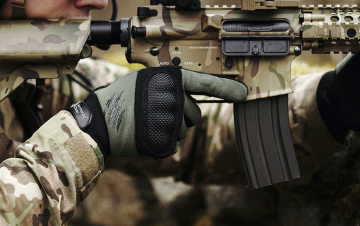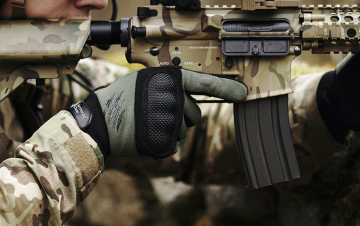Report on refusal to carry out a combat order: legal consequences and procedure
A servicemember has the right to refuse to carry out a combat order only in specific cases defined by law. In particular, an order can be refused if it:
- contradicts the Constitution or laws of Ukraine
- is criminal (for example, requires shooting civilians or violates humanitarian law)
- exceeds the commander’s official authority or position
- endangers the life of the servicemember without proper justification
- is not properly documented (e.g., given orally without confirmation)
In such situations, the servicemember must submit a written report explaining the refusal. This document should include the reason for the refusal, references to relevant legal norms, and a description of the factual circumstances.
Legal consequences of refusal: what risks the servicemember faces?
Refusing to follow an order may be considered a criminal offense under Article 402 of the Criminal Code of Ukraine, particularly if:
- the order was lawful
- the servicemember failed to prove valid grounds for refusal
- the refusal was not properly documented
- the refusal negatively affected the combat situation
- it was a repeated disciplinary offense
However, with proper documentation (written report, witness statements, video recordings, or medical/psychological evidence), a lawyer can help avoid criminal liability or seek reclassification of the case.
How a lawyer can assist with drafting the report and legal defense?
Seeking legal counsel ensures:
- legal assessment of whether the order is lawful
- assistance in drafting a well-grounded report referencing legal norms
- collection of evidence to justify the refusal
- representation during communication with command, investigation, or court
- submission of complaints or motions if criminal proceedings are initiated
On the Legal Marketplace Consultant platform, you can quickly find a legal expert with experience in military cases who understands the nuances of defending servicemembers' rights.
Specifics of reviewing refusal reports in military commissions and courts
Refusal reports are often reviewed by military commissions or courts, which assess the legality of the servicemember’s actions and the circumstances behind the refusal. The process may involve collecting evidence, hearing witness testimonies, and reviewing expert opinions—all of which influence the final decision.

Strict adherence to procedural rules is crucial in such cases, and timelines for review are usually short due to the sensitivity of the matter. Legal support ensures timely response to any procedural violations and protects the client’s rights.
A qualified attorney can properly draft all documents, prepare a defense strategy, and represent the servicemember in both military and civilian institutions—significantly increasing the chances of a favorable outcome.
ConclusionFiling a report to refuse a combat order is not merely a formality but a legal tool to protect a servicemember’s rights. Professional legal support greatly reduces the risk of criminal liability and helps to properly substantiate one’s position.
Don’t act alone—consult an experienced military lawyer.




































